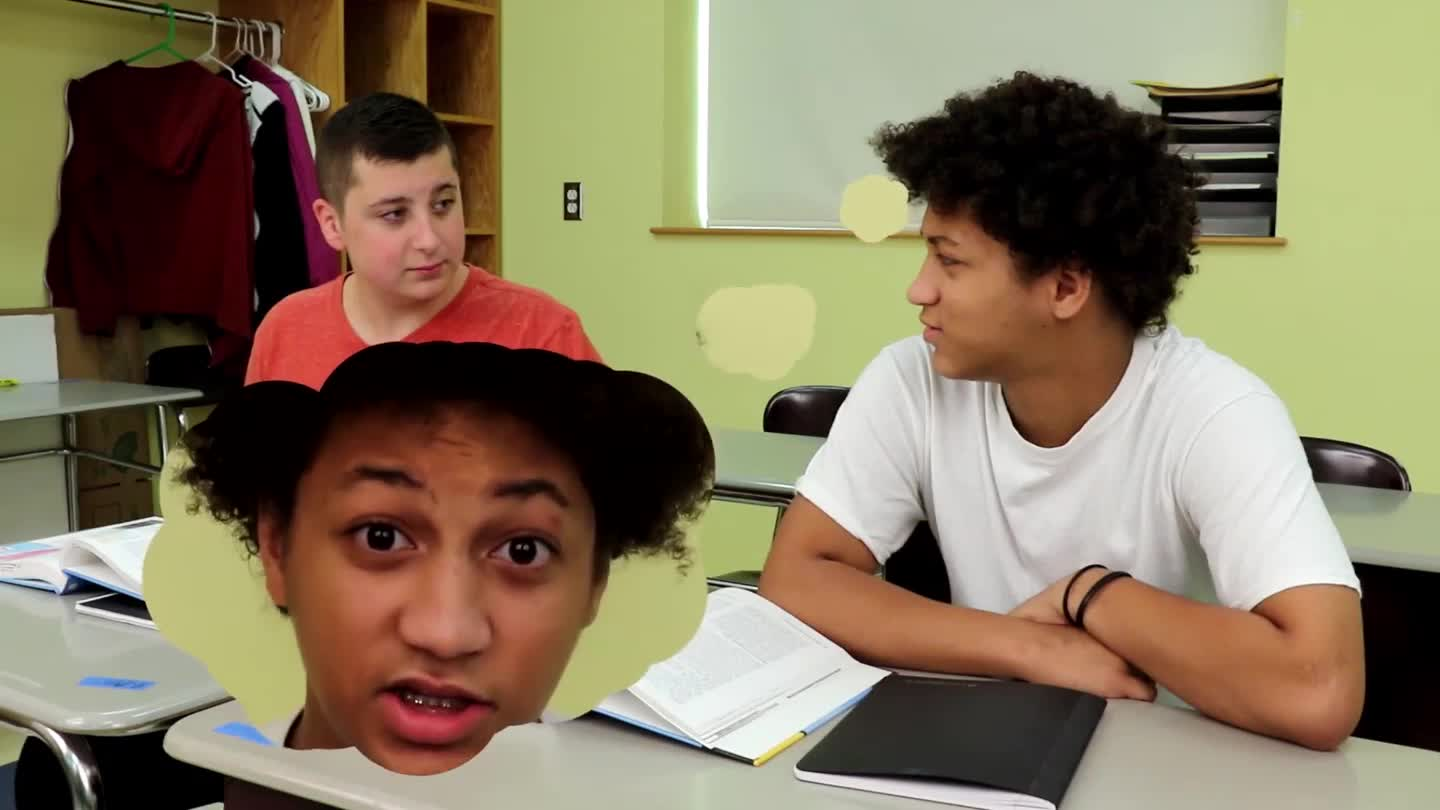
Introduction
Communication is a fundamental skill that plays a critical role in our lives. In this blog post, we will explore an engaging, interactive activity called “Fork in the Road” to help middle school students develop their conversation skills and navigate social situations. By observing different behaviors and their consequences, students will learn to choose the best path for a successful conversation and enhance their social-emotional learning.
No-Prep Activity
“Fork in the Road” is a simple yet effective activity that requires no preparation or materials from the educator. Here’s how it works:
- Divide the students into small groups or pairs.
- Present a social scenario where the main character faces a “fork in the road” – a decision point where they can choose one of two different behaviors.
- Ask the students to discuss the potential outcomes of each behavior and decide which path would lead to a more positive outcome.
- Encourage the students to share their thoughts and reasoning with the class.
By analyzing various social situations and their potential outcomes, students will gain a deeper understanding of how their actions can impact others and learn to make better choices in their conversations.
Discussion Questions
To stimulate further discussions and reflection, consider using the following questions:
- How do our conversation skills impact the way others perceive us?
- What are some common conversational pitfalls, and how can we avoid them?
- How can we ensure that we are actively listening and responding appropriately in a conversation?
- What strategies can we use to navigate difficult or awkward social situations?
- How can improving our conversation skills contribute to our overall social-emotional growth?
Related Skills
In addition to conversation skills, there are several other relevant skills that middle school students can benefit from developing. These include:
- Active listening: Being fully present and engaged in a conversation, showing empathy and understanding.
- Non-verbal communication: Interpreting and responding to body language, facial expressions, and other non-verbal cues.
- Conflict resolution: Addressing disagreements and misunderstandings in a constructive and respectful manner.
- Assertiveness: Expressing one’s thoughts, feelings, and needs in a confident and respectful way.
Developing these related skills can further enhance students’ social-emotional learning and help them navigate complex social situations with confidence and ease.
Next Steps
Are you interested in exploring more activities and resources to support your students’ social-emotional learning journey? Sign up for free sample materials at Everyday Speech, where you’ll find a wealth of engaging content designed to help educators teach valuable social skills to their students.

